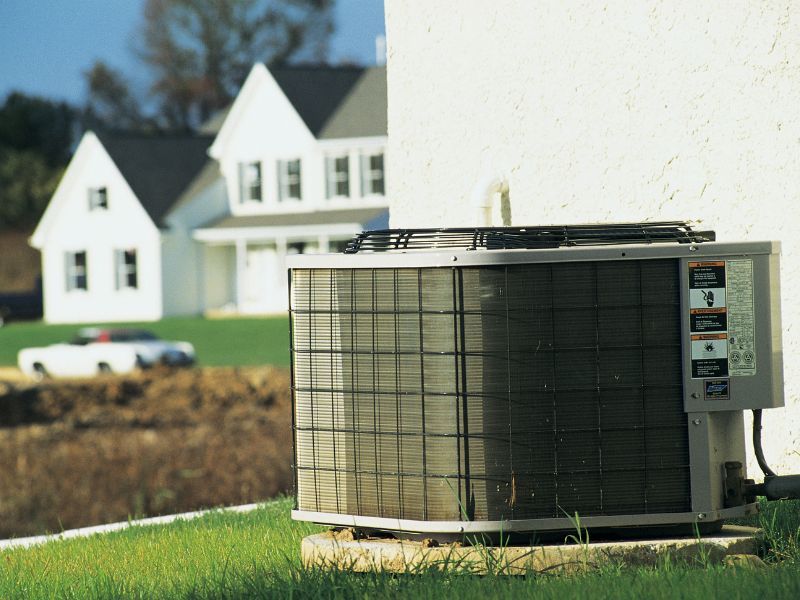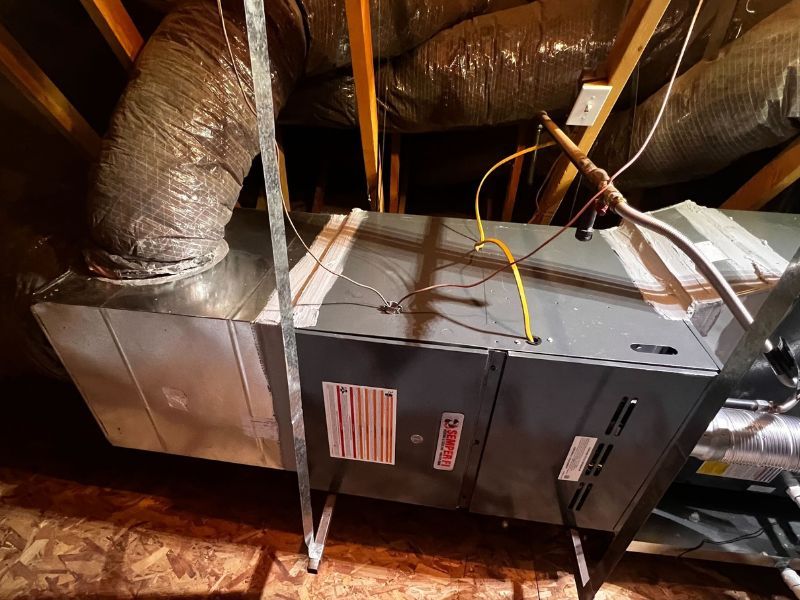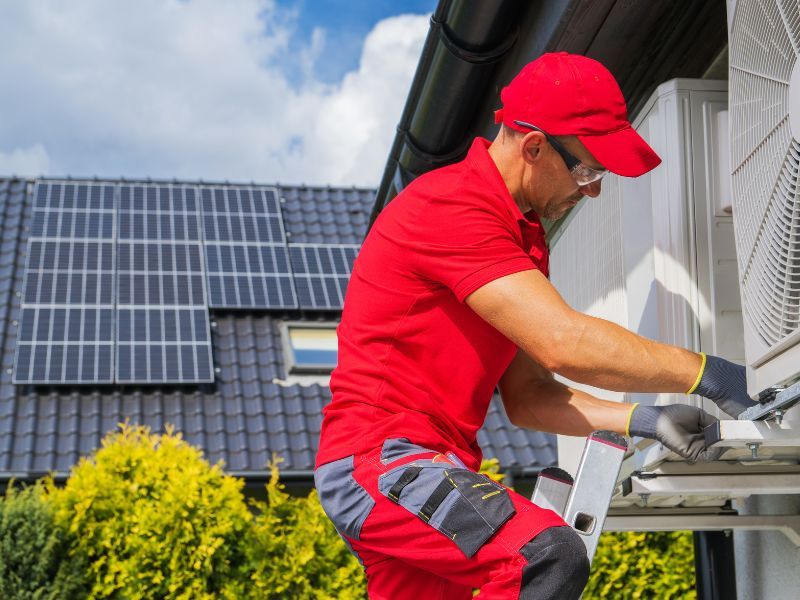What Is Heating?
Heating refers to the process of increasing the temperature of indoor spaces to provide comfort during colder periods. In HVAC systems, heating can be achieved through various methods such as central heating systems, radiant heating, and heat pumps.
The concept of heating dates back to ancient times when early civilizations used fireplaces, stoves, and other means to warm their living spaces. The Industrial Revolution led to the development of more efficient heating technologies, including steam heating systems and later, forced-air systems.
Modern heating systems utilize advanced technologies like furnaces, boilers, and heat pumps to distribute warmth evenly throughout buildings. These systems are designed to balance comfort, energy efficiency, and environmental impact.
People Also Ask About Heating:
What is the difference between radiant heating and forced-air heating?
Radiant heating uses heat panels or tubing under the floor or within walls to radiate warmth, while forced-air heating circulates warm air through ducts.
What is a heat pump, and how does it work for heating?
A heat pump is a versatile HVAC system that can both heat and cool spaces. It extracts heat from the outdoor air or ground and transfers it indoors to warm the space.
What is the most energy-efficient heating system?
Heat pumps are generally considered one of the most energy-efficient heating options, as they move heat rather than generate it, consuming less electricity.
HVAC System Cost & HVAC Reviews
Related Pages
Categories


